Rosa Luxemburg was a revolutionary who helped found the German Communist Party. She was born on March 5, 1871 in Zamość, a city in modern-day Poland. At the time, it was part of the Russian empire governed by a despotic czar.
As a teenager, Luxemburg engaged in anti-czarist activities. At 18, she fled to Switzerland to avoid arrest. While there, she studied law and economics. Luxemburg also became involved in the Marxist movement and helped found the Polish Social Democratic Party. She became convinced that socialism should detach itself from nationalism to spread around the world. Luxemburg became a German citizen through a marriage of convenience and moved to Berlin. There she worked for the Social Democratic Party of Germany. Luxemburg gained attention by accusing party officials of abandoning the revolutionary ideals of Marxism.
In 1905, she participated in revolutionary movements in Warsaw that shook the Russian empire. The czar’s troops crushed the revolt, and Luxemburg was arrested. After her release, she returned to Berlin and taught in the SPD school. Luxemburg continued to call for grass roots mobilization and tried to enlist workers and peasants in protests and strikes.
In the years before World War One, Luxemburg criticized the aggressive stance of the German government. With war on the horizon, she tried to drum up worker's opposition to the conflict. When hostilities broke out, the SPD backed the German war effort. Luxemburg, however, opposed the war along with radicals including Karl Liebknecht. They founded the Spartacist League, which took its name from a slave revolt in ancient Rome.
Luxemburg was arrested again, but released in November 1918 after Germany’s defeat. Germany was a nation in crisis, run by a provisional government backed by the SPD. The Spartacists launched an intense propaganda campaign. They wanted to stir up momentum for a revolution similar to the one in Russia, which Lenin led in 1917. Luxemburg, however, distanced herself from Lenin’s violent, authoritarian methods. Above all, she wanted to safeguard democracy.
To underline her separation from the SPD, Luxemburg and her colleagues founded the German Communist Party on December 31, 1918. Several days later, a group of Sparticists tried to overthrow the government. Luxemburg disagreed with the use of force, but supported her their effort anyway. She was arrested, tortured and killed along with Karl Liebknecht on January 15, 1919. Rosa Luxemburg was 47.
As a teenager, Luxemburg engaged in anti-czarist activities. At 18, she fled to Switzerland to avoid arrest. While there, she studied law and economics. Luxemburg also became involved in the Marxist movement and helped found the Polish Social Democratic Party. She became convinced that socialism should detach itself from nationalism to spread around the world. Luxemburg became a German citizen through a marriage of convenience and moved to Berlin. There she worked for the Social Democratic Party of Germany. Luxemburg gained attention by accusing party officials of abandoning the revolutionary ideals of Marxism.
In 1905, she participated in revolutionary movements in Warsaw that shook the Russian empire. The czar’s troops crushed the revolt, and Luxemburg was arrested. After her release, she returned to Berlin and taught in the SPD school. Luxemburg continued to call for grass roots mobilization and tried to enlist workers and peasants in protests and strikes.
In the years before World War One, Luxemburg criticized the aggressive stance of the German government. With war on the horizon, she tried to drum up worker's opposition to the conflict. When hostilities broke out, the SPD backed the German war effort. Luxemburg, however, opposed the war along with radicals including Karl Liebknecht. They founded the Spartacist League, which took its name from a slave revolt in ancient Rome.
Luxemburg was arrested again, but released in November 1918 after Germany’s defeat. Germany was a nation in crisis, run by a provisional government backed by the SPD. The Spartacists launched an intense propaganda campaign. They wanted to stir up momentum for a revolution similar to the one in Russia, which Lenin led in 1917. Luxemburg, however, distanced herself from Lenin’s violent, authoritarian methods. Above all, she wanted to safeguard democracy.
To underline her separation from the SPD, Luxemburg and her colleagues founded the German Communist Party on December 31, 1918. Several days later, a group of Sparticists tried to overthrow the government. Luxemburg disagreed with the use of force, but supported her their effort anyway. She was arrested, tortured and killed along with Karl Liebknecht on January 15, 1919. Rosa Luxemburg was 47.
RELATED


KOFI ANNAN
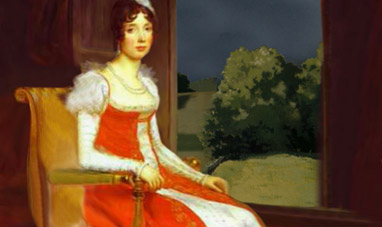

SISSI, EMPRESS OF AUSTRIA
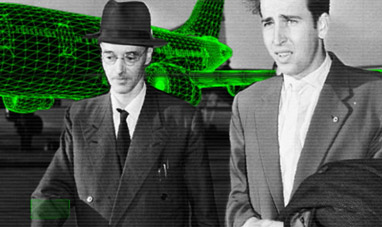

KLAUS EMIL FUCHS


CHE GUEVARA


NELSON MANDELA
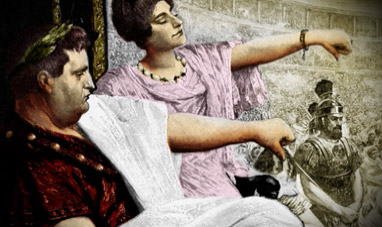

NERO


JULIUS CAESAR
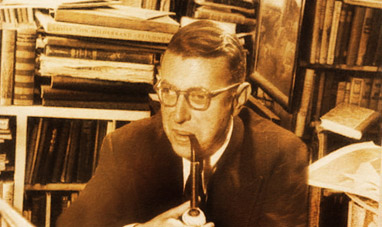

JEAN PAUL SARTRE
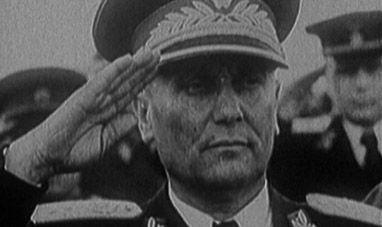

JOSIP BROZ TITO
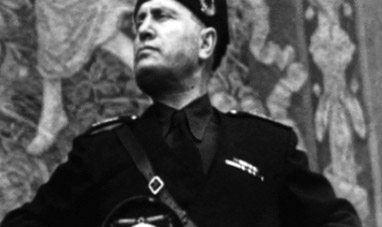

BENITO MUSSOLINI
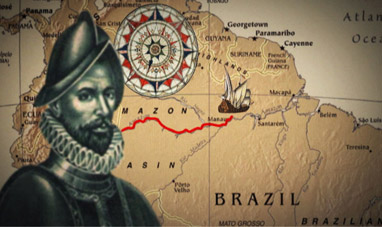

FRANCISCO DE ORELLANA


DWIGHT EISENHOWER


RICHARD SORGE
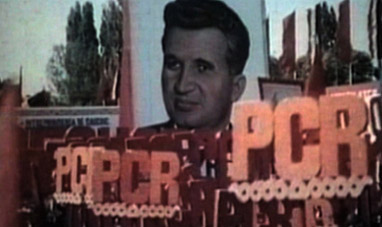

NICOLAE CEAUSESCU


ZHENG HE
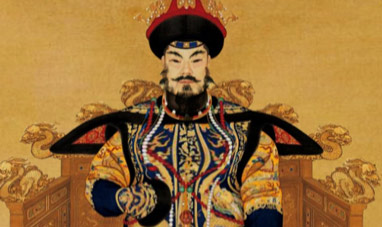

QIN SHI HUANG
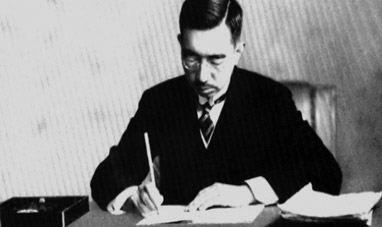

EMPEROR HIROHITO
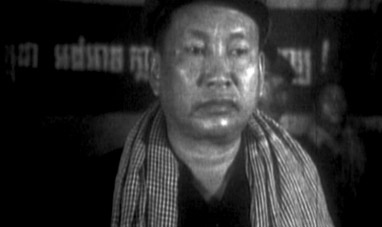

POL POT


ERICH FROMM


ROSENBERGS, THE


CLEOPATRA


JAMES KEIR HARDIE


JOHN CABOT


THE ADVENT OF NAZISM
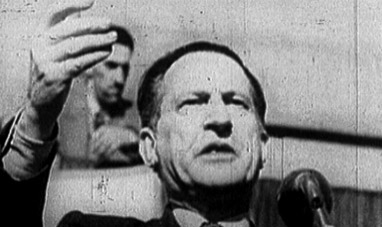

ALCIDE DE GASPERI


MARKUS WOLF
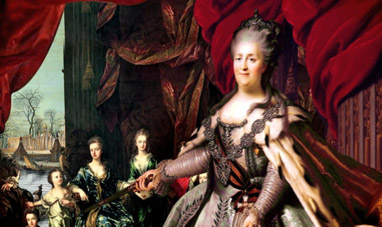

CATHERINE THE GREAT
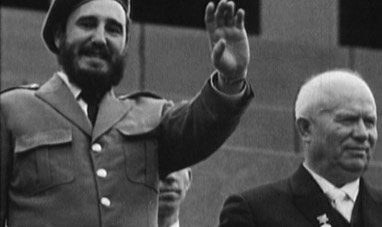

FIDEL CASTRO
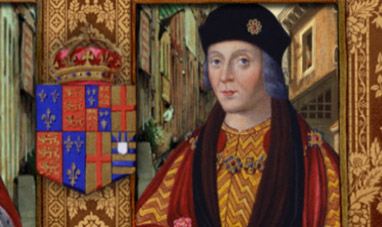

HENRY VII
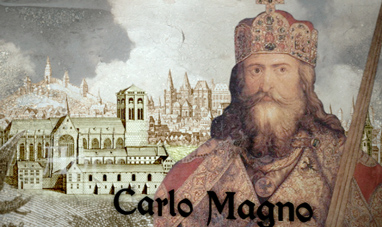

CHARLEMAGNE


JOHN FITZGERALD KENNEDY
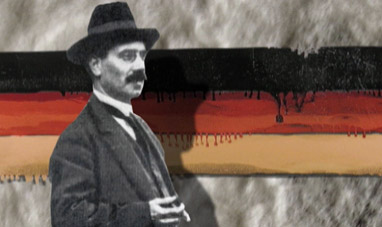

KARL LIEBKNECHT
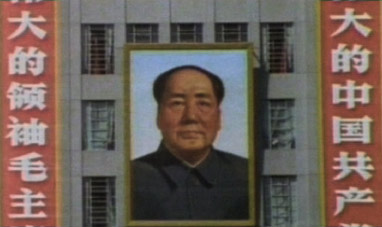

MAO ZEDONG


CATHERINE DE MEDICI


YASSER ARAFAT


VASILI NIKITICH MITROKHIN
